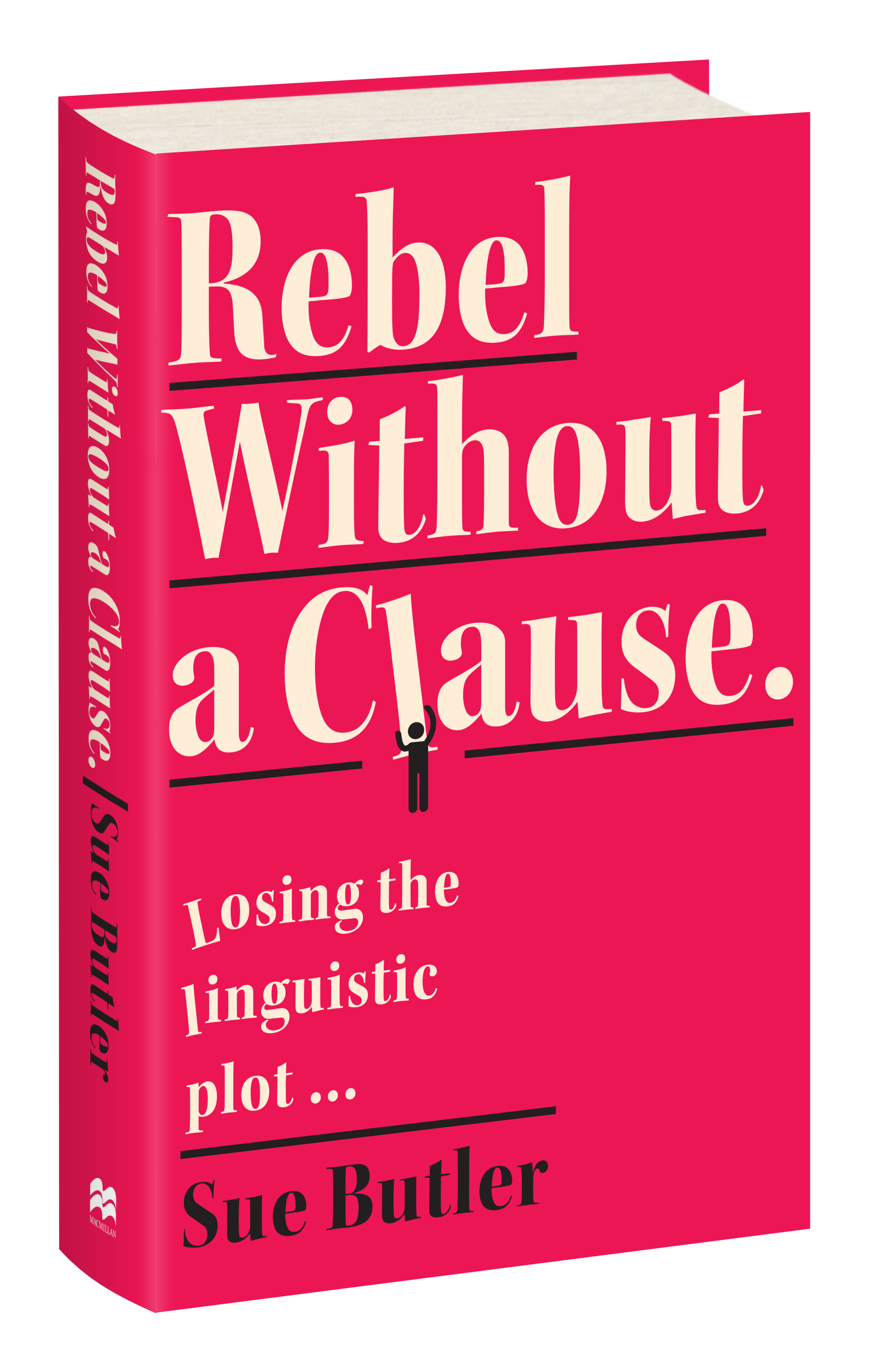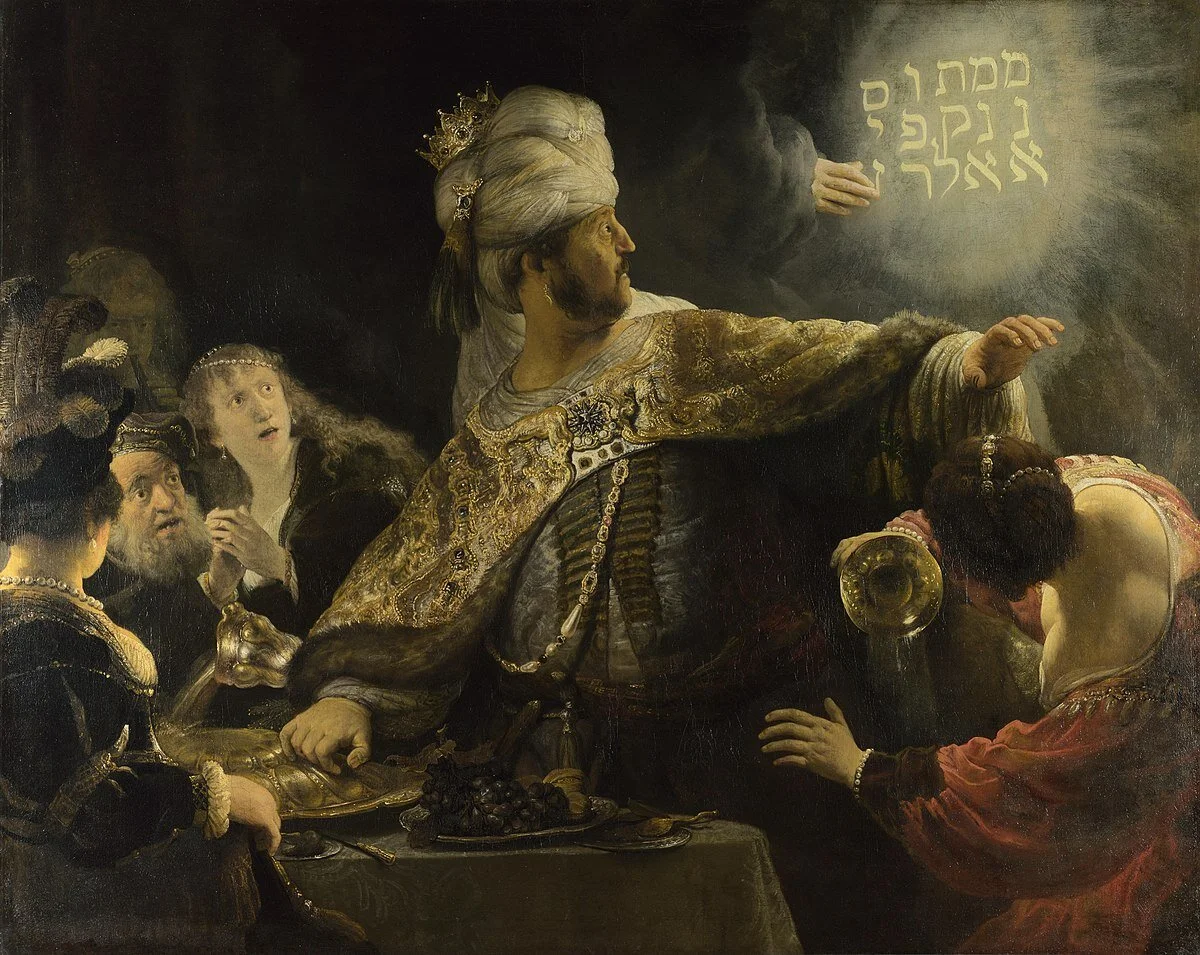This is a lovely word which English acquired from the Norman French, which the French in turn acquired from the Latin phrase sub diu meaning ‘for the day’ . Turn that into a verb and it becomes subdiunare meaning ‘to stay temporarily’. In Italian this became soggiornare.
Read MoreThe New Zealanders argue that manuka is a Maori word and so they alone should have the right to use it. They see their argument as parallel to the successful claim of the French to have sole use of the name champagne. The Australians counter that the word manuka for the honey from the leptospermum tree (tea-tree) has been in use in Australian English since the 1840s and so they have just as much right to use it as the New Zealanders.
Read MoreMuch to my surprise and delight, I have been teamed up with Pip Williams, author of The Dictionary of Lost Words, at the Adelaide Writers Festival this year.. I am impressed with the depth of knowledge Pip has displayed in the novel about the working practices of the Oxford English Dictionary in particular and the intellectual problems that engage lexicographers generally.
Read MoreAs soon as a vaccine became a real possibility, that is to say around December 2020, the media started talking with some relish about the jab.
ZG: 10
The jab is preoccupying us all. There are statements from the government to reassure us, and conspiracy theorists on social media telling us that it will connect us to the internet and make women infertile.
Read MoreWell, of course, our new words were mostly to do with COVID-19 but there were a few other things that preoccupied us during the year.
Read MoreBad connotations can stick to a word until the only solution, if we want a change in image, is to abandon the word entirely and start afresh. It is not often that a company wants to do this and it says something about Adani that they think their name is mud in Australia and therefore want to change it.
Read MoreI stumbled across an article written in 1915, entitled A Modern Language. The writer was astonished and amused by the language used by a brother and sister at a family weekend camp. He described it as ‘weirdly strange’.
Read MoreSometimes it is the simple words that we use all the time that surprise us when we find that we are not entirely sure of the meaning. In a recent discussion the trouble started with broil, which is not a common word in Australian English. It is an item of American English. But that led to bake and roast and grill.
Read MoreI feel it is more important to put oddities in English in a context and try to find the pattern in what is happening. Also it is important to know when to be outraged and when to acknowledge change in language.
Read MoreI have been a victim of the great lamington hoax. A few days ago a friend said to me that lamingtons were not Australian. They were a New Zealand concoction, like the pavlova.
Read MoreRepatriation in its broadest sense means ‘bringing someone home’ so the use of the term in relation to interstate transfers of bodies for burial is a natural extension of the accepted meaning.
Read MoreWe had JobSeeker and JobKeeper. Now we have JobMaker, the name of the proposed transformation of TAFE, an institution which used to operate well until its last reformation and privatisation.
Read MoreWe are well aware of the influence that American English has on us today but we are not as aware of our debt to American English in previous times. Words and phrases that we consider to be quintessential Australian English turn out to be borrowings from American English.
Read MoreAs I read through the words and phrases in Australian English that date back to WW1, I am struck by two clusters of words. The first congregates around the idea that any special sphere of activity demands its official names, but also its unofficial names. The second cluster relates to the humour that is derived from this particular experience, humour that ranges from the cheerful domestic to the black.
Read MoreI love the verb to over-egg. It is not a word that has high frequency these days. In British English it began life as the phrase to over-egg the pudding.
Read MoreWe have been offered COVID-19 as the name for this particular coronavirus but there seems to be some reluctance to use it.
Read MoreTwo great texts have had profound influence on the English language – the works of Shakespeare and the King James version of the Bible. Both have left us vocabulary items, but more importantly, they have left idioms – stereotypes – stories that we all share.
Read MoreThe latest kerfuffle between Harry and Megan and the Queen has been presented as an argument about their right to use the word royal in association with themselves and their various projects, some commercial and some charitable
Read MoreWhen the novel coronavirus first appeared we waited for it to be given a name. In medical jargon novel means ‘new in the sense of previously undescribed’, but the time would come when this virus was no longer new. We needed the equivalent of SARS as an identifier of this particular strain of coronavirus.
Read More


















